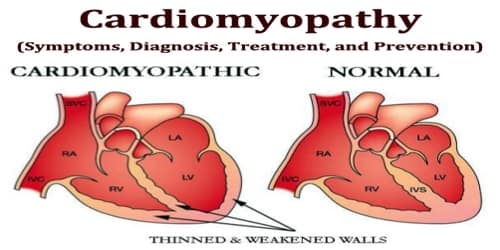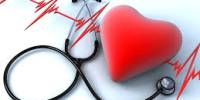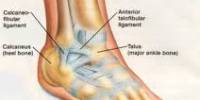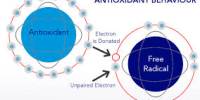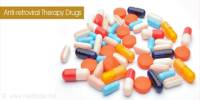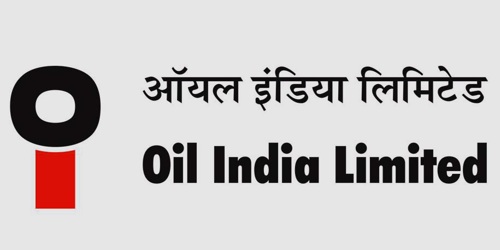Cardiomyopathy (Symptoms, Diagnosis, Treatment, and Prevention)
Definition: Cardiomyopathy (Kahr-dee-o-my-OP-uh-thee) is a group of diseases that affect the heart muscle. In most cases, the heart muscle weakens and is unable to pump blood to the rest of the body as well as it should. Cardiomyopathy can lead to heart failure. Early on there may be few or no symptoms. Some people may have shortness of breath, feel tired, or have swelling of the legs due to heart failure. An irregular heartbeat may occur as well as fainting. Those affected are at an increased risk of sudden cardiac death.
As cardiomyopathy worsens, the heart becomes weaker. The heart becomes less able to pump blood throughout the body and incapable of maintaining a normal electrical rhythm. The result can be heart failure or irregular heartbeats called arrhythmias. A weakened heart also can cause other complications, such as heart valve problems.
There are many different types of cardiomyopathy caused by a range of factors, from coronary heart disease to certain drugs. These can all lead to an irregular heartbeat, heart failure, a heart valve problem, or other complications.
The main types of cardiomyopathy include dilated hypertrophic and restrictive cardiomyopathy. Treatment which might include medications, surgically implanted devices or, in severe cases, a heart transplant depends on which type of cardiomyopathy people have and how serious it is.
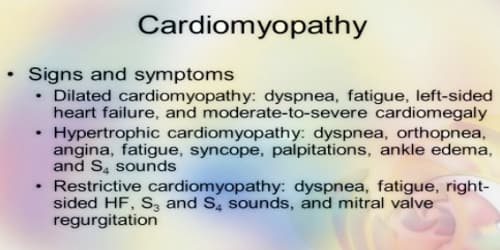
Signs and Symptoms of Cardiomyopathy: The symptoms of all types of cardiomyopathy tend to be similar. In all cases, the heart can’t adequately pump blood to the tissues and organs of the body. Symptoms of cardiomyopathies may include fatigue, swelling of the lower extremities and shortness of breath. Further indications of the condition may include:
- general weakness and fatigue
- shortness of breath, particularly during exertion or exercise
- lightheadedness and dizziness
- chest pain
- heart palpitations
- fainting attacks
- high blood pressure
- edema, or swelling, of peoples feet, ankles, and legs
Signs and symptoms tend to get worse unless treated. In some people, the condition worsens quickly; in others, it might not worsen for a long time.
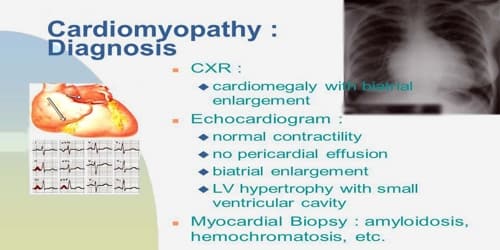
Diagnosis and Treatment of Cardiomyopathy: The doctor will conduct a physical examination, take a personal and family medical history, and ask when people’s symptoms occur for example, whether exercise brings on their symptoms. If the doctor thinks people have cardiomyopathy, they might need to undergo several tests to confirm the diagnosis, including:
- Physical exam
- Family history
- Blood test
- ECG
- Echocardiogram
- Stress test
- Genetic testing or screening
Some cases of cardiomyopathy have no signs or symptoms and need no treatment. But in other cases, cardiomyopathy develops quickly with severe symptoms, and serious complications occur. Treatment is required in these instances.
Treatment depends on the type of cardiomyopathy and condition of disease, but may include medication (conservative treatment) or iatrogenic/implanted pacemakers for slow heart rates, defibrillators for those prone to fatal heart rhythms, ventricular assist devices (VADs) for severe heart failure, or ablation for recurring dysrhythmias that cannot be eliminated by medication or mechanical cardioversion. The goal of treatment is often symptom relief, and some patients may eventually require a heart transplant.
Treatments include lifestyle changes, medications, surgery, implanted devices to correct arrhythmias and other nonsurgical procedures. These treatments can control symptoms, reduce complications and prevent the disease from worsening.

Preventions of Cardiomyopathy: In many cases, people can’t prevent cardiomyopathy. People can help reduce their chance of cardiomyopathy and other types of heart disease by living a heart-healthy lifestyle and making lifestyle choices such as:
- Avoiding the use of alcohol or cocaine
- Controlling high blood pressure, high cholesterol, and diabetes
- Eating a healthy diet
- Getting regular exercise
- Getting enough sleep
- Reducing their stress
One of the biggest challenges is sticking with a regular exercise program. Exercise can be very tiring for someone with a damaged heart. However, exercise is extremely important for maintaining a healthy weight and prolonging heart function. The type of exercise that’s best for people will depend on the type of cardiomyopathy they have.
Information Source:
